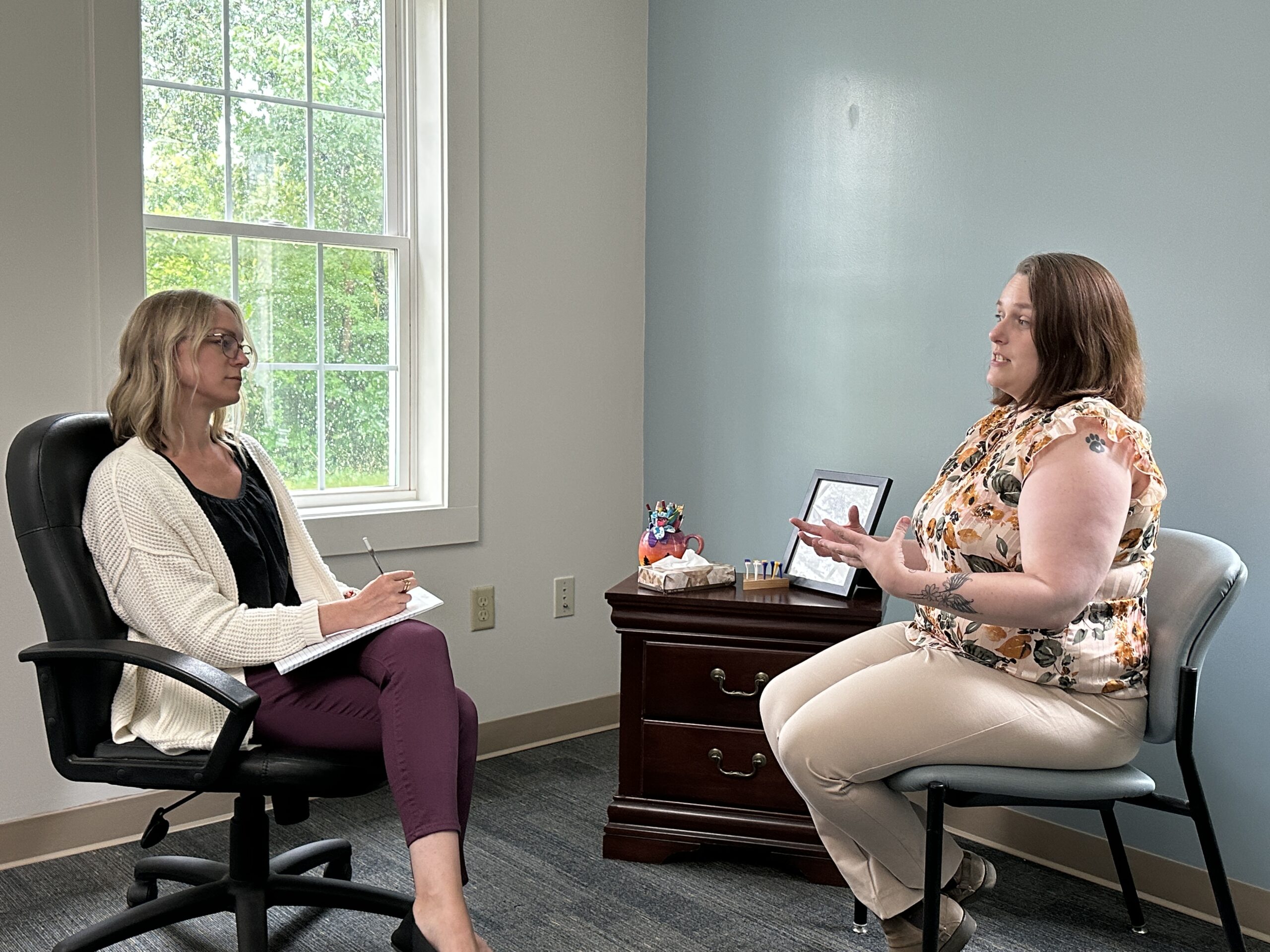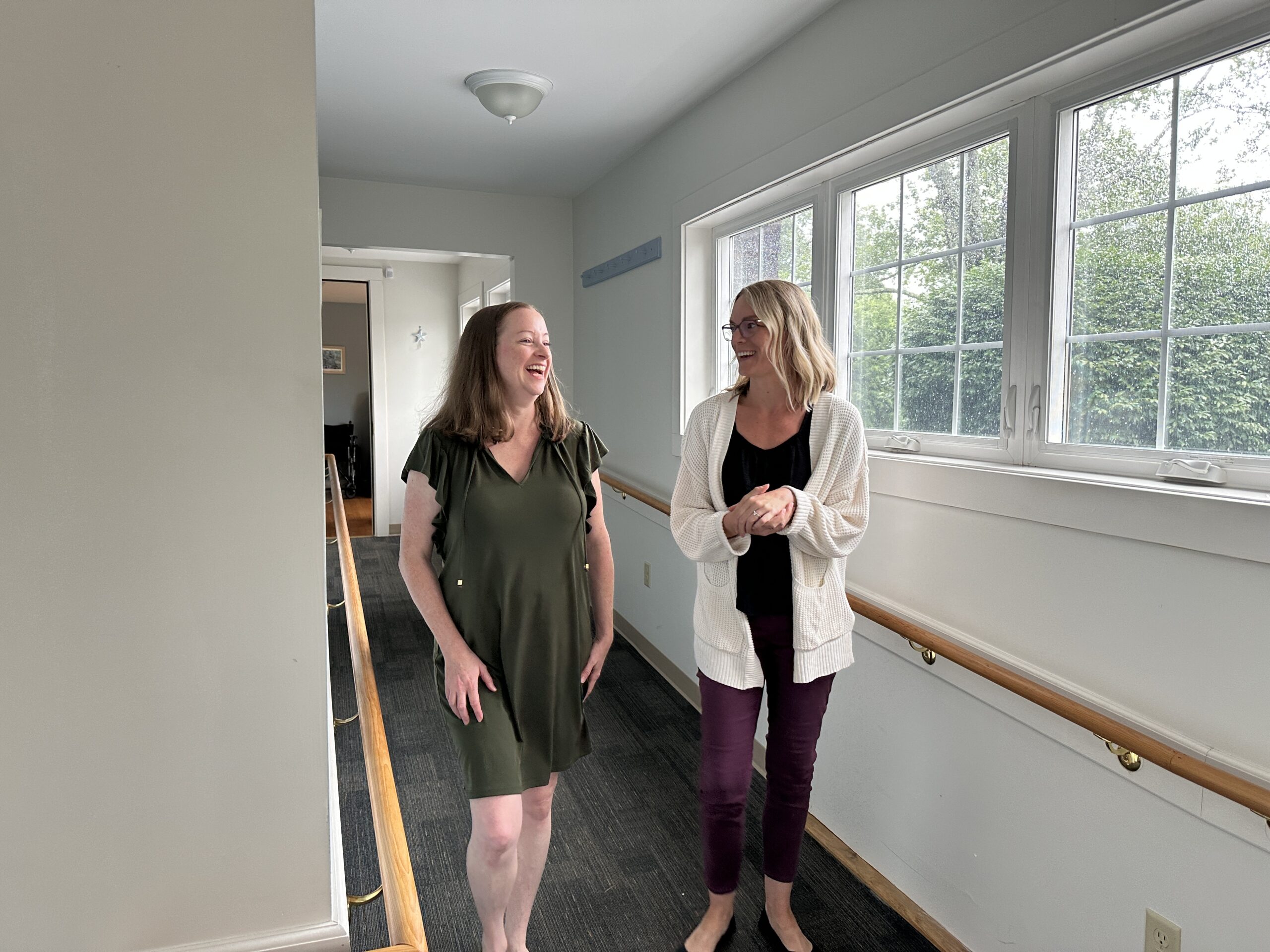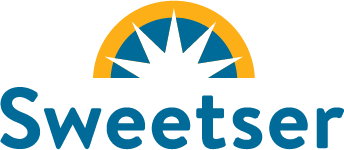Maine’s Comprehensive Eating Disorder Treatment Program
Serving adults & children
Using family-based treatment approaches, the New England Eating Disorders Program provides compassionate, individualized care for children and adolescents of all genders.
Featuring our telehealth services
![]() For more than 30 years, the New England Eating Disorders (NEED) program has been providing high quality, specialized eating disorder treatment in the state of Maine. At NEED, we understand that eating disorders are complex illnesses that not only impact a child’s self-esteem, mood, and daily functioning, but can also damage relationships with loved ones. If you or your loved one is struggling with an eating disorder, our multidisciplinary team of eating disorder experts is here to help support children, adolescents and their families through the recovery process.
For more than 30 years, the New England Eating Disorders (NEED) program has been providing high quality, specialized eating disorder treatment in the state of Maine. At NEED, we understand that eating disorders are complex illnesses that not only impact a child’s self-esteem, mood, and daily functioning, but can also damage relationships with loved ones. If you or your loved one is struggling with an eating disorder, our multidisciplinary team of eating disorder experts is here to help support children, adolescents and their families through the recovery process.
Begin your eating disorder recovery by calling the NEED intake office at 207-294-4522.
Who We Are
Our multidisciplinary team also includes a psychiatrist, registered nurses and nursing assistants, licensed clinical social workers, and registered dietitians. Our team has specialized training in child and adolescent mental health and understands the considerations and protocols that are necessary when working with eating disorders in children and teens.
What We Do
The NEED team provides individual, family, group, and nutritional therapies as well as close medical monitoring and care. Our program is dedicated to utilizing evidence-based treatments (i.e., therapy that scientific research has shown to be most effective for a particular health problem). For children and adolescents, we apply family-based and cognitive-behavioral treatment models, adapted for higher levels of care. Family therapy is paramount to our treatment, as we know that family is the most useful resource for the treatment of adolescents with eating disorders, particularly for anorexia nervosa treatment and bulimia nervosa treatment. Our highest treatment priority is patient safety, which informs an individual’s treatment goals of eliminating eating disorder behaviors, repairing thinking processes, maintaining physical safety and strengthening relationships.

Who We Treat
At NEED, we treat children and adolescents with anorexia nervosa, bulimia nervosa, binge eating disorder, avoidant/restrictive food intake disorder, and other feeding and eating issues.
Though eating disorder symptoms vary, the following are examples of common signs of an eating disorder:
- Significant weight loss or gain
- Dietary restriction (e.g., skipping meals, making excuses for not eating, over-focus on a restrictive diet, rigid calorie counting, excessive focus on healthy eating, small portions, weighing or measuring food)
- Preparing separate meals instead of joining family meals
- Self-induced vomiting
- Repeatedly using the bathroom following meals
- Using diet pills, laxatives, diuretics, or supplements for weight loss
- Overeating
- Compulsive eating
- Secretive eating
- Over-exercise (e.g., drive to exercise instead of enjoying social activities, exercising outside of sports practices, exercising secretively while alone, exercising even when physically injured or ill)
- Extreme picky eating
- Obsessional thinking about weight, shape, and food
- Extreme body checking (e.g., excessive mirror checking, self-weighing), body avoidance (e.g., avoiding places or activities where one’s body might be more exposed, such as the beach or pool), or body shaming
- Social withdrawal or isolation
- Expressing feelings of guilt, shame, and/or sadness following eating
Eating disorders do not discriminate. At NEED, we welcome individuals and families of all ethnicities, sexual orientations, gender identities, socioeconomic backgrounds, religions, and nationalities.
Our Services
Evaluative Services
It is common to be uncertain about whether you or someone you care about is struggling with an eating disorder. At NEED, we understand that eating disorder symptoms can be complicated and confusing, difficult to recognize, and uncomfortable to talk about. Our evaluative services are designed to help individuals and families understand the level of care recommended for each unique case.
- Confidential Telephone Intake: If you have questions or concerns about yourself or someone you care about, you can make a free, confidential call to our intake office directly at 207-294-4522. You will speak with one of our experienced and compassionate intake staff members who specialize in the care of eating disorders. This intake call is an opportunity to ask confidential questions and to learn more about options for effective treatment. Whether you are looking for an eating disorder treatment clinic, a safe person available to answer questions, eating disorder help, a referral to an eating disorder therapist, or more information about our eating disorder treatment center, our intake staff is just a phone call away.
- Comprehensive Evaluation: Following the confidential phone intake screening, a comprehensive assessment at NEED supports children, adolescents and their families in evaluating problematic eating behaviors. A full assessment includes thorough evaluation by a licensed nurse practitioner, a licensed clinical social worker or psychologist, and our Medical Director. Because eating disorders are multifaceted illnesses, the evaluation assesses a child’s medical, psychological, social, behavioral, cognitive, dietary and emotional needs. Our intake team works closely with children and their families, physicians, therapists and/or dietitians to craft a customized eating disorder treatment plan based on expert recommendations. If treatment is required at NEED, we recommend the level of care that prioritizes safety and offers the best chance of success in recovery.
Treatment Services
- Partial Hospitalization Program (PHP): Our PHP provides eating disorder care 5 hours per day, five days per week via our new virtual format. This level of care is recommended when an eating disorder is seriously impacting a patient’s life causing there to be a medical necessity for intensive treatment. Alongside supportive peers, a nursing team and clinical staff, patients complete breakfast, lunch, and two snacks each day while in the program. There is a strong emphasis on normalized eating and on the development of a safety plan for how to carry out regular eating in a patient’s home environment. Programming includes sessions with our Medical Director, therapists, nurses, and dietitians in both group and individual settings. Families participate in weekly group and individual sessions focusing on psychoeducation, safety boundaries, accountability in the home, and behavioral modification. Under the guidelines of our expert team, families are provided education and support related to dietary needs and behavioral expectations related to meals and eating while away from the program. Patients receive group therapy consistently throughout the day and weekly individual therapy. A referral to PHP depends on the severity of a patient’s eating disorder symptoms and follows a comprehensive evaluation. A decision to begin PHP is made collaboratively with the child or adolescent, their family and our treatment team.
- Intensive Outpatient Program (IOP): Our IOP provides eating disorder care three hours per day, three days per week. On each treatment day, patients complete two group therapy sessions and one meal with the support of peers and clinical staff. One treatment day per week includes two multifamily groups which join families to address a range of topics including psychoeducation, behavioral modification, problem-solving, communication, and relapse prevention. Groups are conducted by our Program Director, a licensed clinician and/or a registered dietitian. A referral to IOP generally follows a successful completion of PHP; however, can be a level of care that an individual directly admits to, depending on illness severity, and other psychosocial considerations.
- Outpatient Services: Our outpatient program offers specialized eating disorder psychotherapy services by one of our licensed clinical social workers. An initial outpatient treatment session includes a thorough intake assessment and the outline of a treatment plan. This agreed upon plan will guide treatment and include identification of an evidence-based treatment model (e.g., cognitive-behavioral therapy, family-based therapy, interpersonal therapy), treatment goals and expectations for the frequency and number of sessions. Our outpatient program offers individual, family and group therapy. If you would like more information, please contact our intake office at 207-294-4522.
If you are experiencing anorexia nervosa relapse, bulimia nervosa relapse, or binge eating disorder relapse, all of these service can be useful for your journey in recovery. Please don’t hesitate to call us.

For Professionals
Due to the complex nature of eating disorders, we understand that professionals often benefit from specialized eating disorder training on the intricacies of clinical considerations, treatment options, and prevention. At NEED, we offer a diverse range of opportunities for professionals to learn more about eating disorders and the treatment we provide. Examples of such services include, but are not limited to:
- Workshops for clinicians on eating disorders and evidence-based treatment
- Trainings for school staff (e.g., deans, guidance counselors, school nurses, college health center staff, teachers, social workers, principals) on how to recognize eating disorder symptoms, address disordered eating within the culture of your school, and support students and their families
- Workshops for students of all ages on body acceptance, cultural stereotypes, preventative efforts, self-esteem, and food neutrality
- Educational presentations, on a multitude of topics, for higher education students, academic or scientific conferences, or continuing education programs
- A 4-hour continuing education course titled, ‘’Cognitive Behavioral Therapy for Eating Disorders” given by our Program Director and offered through the Sweetser Training Institute.
Check out these reference materials for providers:
Eating Disorders in Primary Care- Case Scenarios
Assessment, Support, and Referral of Patients with Eating Disorders in Primary Care
For more information about opportunities for professionals, please contact us at 207-294-4522.
.
For Students
Interested in being an intern for the NEED program? At NEED, we are committed to providing specialized training to rising clinicians and offer formal clinical internship positions to fulfill higher education requirements, particularly in the area of social work. We also offer nonclinical internship positions to help support the vast array of programming demands that we have, including outreach, prevention, advocacy and event planning needs. If you are interested in volunteering at NEED, please contact our Volunteer Office.
Additional Resources
For educational materials about eating disorders, please click on some of our downloadable resources below:
How to Support a Loved One with an Eating Disorder
Shopping and Food Preparation Tips During Times Of Physical Distancing
Getting Started
At Sweetser, we know recovery from an eating disorder can be a long journey. Our team is a phone call away to help provide the reassurance and assistance to start this journey for you and your family. Together, we can find a new way forward.
No matter how out of control and helpless you might feel right now, NEED at Sweetser can help you to feel safe and start your healing process. Tomorrow can be brighter—we promise.
Begin your eating disorder recovery by calling the eating disorders intake office at 207-294-4522.
